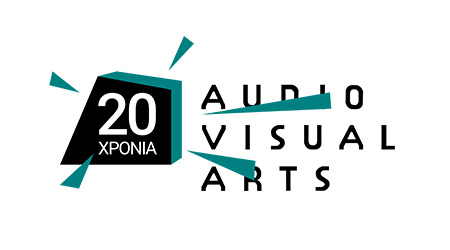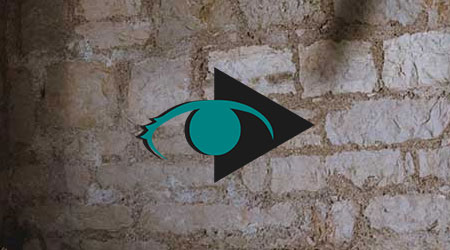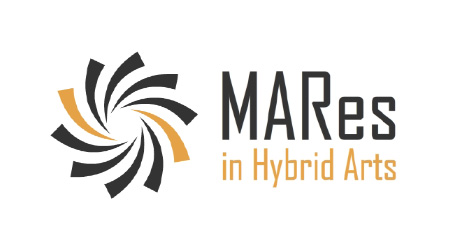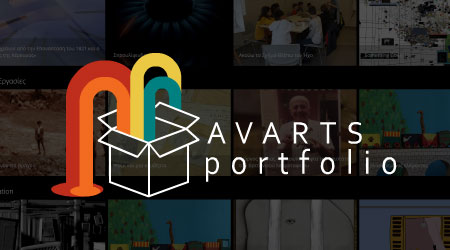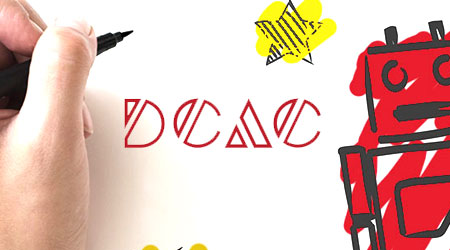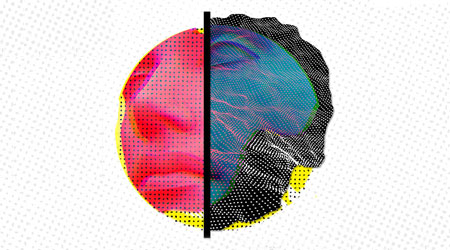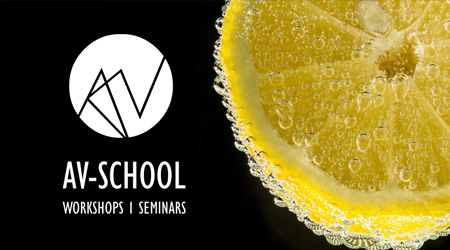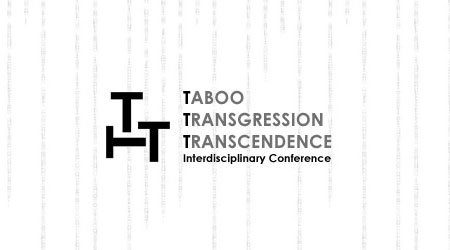Electronic Music
Teaching Staff: Loufopoulos Apostolos
Course Code: AUD823
Course Category: Deepening Knowledge
Course Type: Elective
Course Level: Undergraduate
Course Language: Greek
Delivery method: Lectures
Semester: 8th
ECTS: 7
Teaching Units: 5
Teaching Hours: 5
E Class Page: https://opencourses.ionio.gr/courses/DAVA186/
Teaching Structure:
| Activity | Semester Workload |
|---|---|
| Lectures | 26 |
| Lab Practice | 39 |
| Literature Study and Analysis | 71 |
| Practice and Preparation | 39 |
| Course Total (ECTS: 7) | 175 |
Recquired / Recommended : (AUD321)
This course introduces students to the language of electronic music, as an experimental form of art, from its birth in the 1950s (musique concrete, tape music, electronic music, computer music), and follwing its tradition to the modern era. Students familiarize with terminology, where sound is described as a 'shape' and through an aesthetic approach of its spectral characteristics in micro- and macro- structural level. Examples are given through listening and the analysis of works from pioneering composers. On a practical basis, students are trained in composition and performance of personal works, which constitute their final projects at the end of semester. Through this procedure they get involved with creative sound recording, editing, live sound diffusion,open listening and discussion in class.
Students understand the need of developing new musical languages, and the influence of electronic music to other musical genres, but also its potentiality to be utilised in combination with visual elements, due to its open structural character. On a practical basis, they are encouraged to materialize their technical knowledge of sound editing and sound design into a musical context, through music experimentation based on this open language of sound shapes. Thus, students have the opportunity to develop a personal aesthetic, and beyond that, to develop their skills with regard to the use of recording mediums and editing methods, through their creative projects of musical sound structuring. This is also very helful for the development of a creative language regarding the potentiality of sound to combine with visual elements, as in the case of electronic music, the appreciation of sound as 'shape' is -in many cases- highly linked to the visual language of video art and animation.
1st Week: Introduction, course description, terminology.
2nd Week: Historic background: new musical tendencies after 1950, technololgical development and electronic music. Magnetic tape and analogue synthesizers, computer systems and musical structuring, experimental means for sound diffusion.
3rd Week: Pioneering composers and new musical genres: musique concrete, electronic music, tape music, computer music.
4th Week: Pierre Shaeffer and the GRM group. Sound as 'shape'. Methods and terminology for describing sound shapes. Morphology and graphic scores. Tape techniques and digital medium. Listening, examples.
5th Week: Denis Smalley: spectromorphology and explaining sound-shapes. Systems of description and analysis. Form, dynamic development, micro- and macro- structure, correlations with other musical genres. Listening to works.
6th Week: Space as a fundamental musical parametre. Internal, external, composed space, listening space and live sound diffusion. Stereo and multichannel sound diffusion.
7th Week: field recording, applied and creative recording techniques. Recording of basic sound materials in the class and in the field (practical examples).
8th Week: Advanced techniques of sound synthesis and sample editing based on: sampling, granular synthesis, additive synthesis, sybtractive synthesis, fm synthesis/modulation. Practical examples.
9th Week: Synthesis and sound processing through graphic representations. Reference to "UPIC' (Polyagogia) by I. Xenakis. Modern digital interactive interfaces with graphics.
10th Week: Live electronics: Free and pre-structured improvisation, combined performances (ensembles), solo performance, interactive mediums, digital controllers.
11th Week: Electronic music and visual arts. Multi-medium creations, exdeditions, installations, sound and the moving image (animation, video art)
12th Week: Presentations of student projects. Discussion.
13th Week: Final presentation of students' works in the form of concert.
Smalley, D. (1986). Spectro-morphology and structuring processes. In The Language of Electroacoustic Music (ed. S. Emmerson), pp. 61-93. Macmillan Press, Basingstoke.
Smalley, D. (1996). The Listening Imagination: Listening in the Electroacoustic Era. Contemporary Music Review, 13 (2), 77-107.
Lotis, T., Diamantopoulos, T., 2015. Music Informatics and Music with Computers. Athens, Academic Publishers. http://hdl.handle.net/11419/4920
Politis, D., 2007. Languages and interfaces in Music Informatics. Athens, Klidarithmos Publications.
Theoretical lectures are given through multimedia presentations, which are available through the e-class platform. On a practical basis, recordings are made in class and in the field, and students are encouraged to edit this material and create their personal compositions as final projects. Student projects are performed in class on a weekly basis (progress), usually through multichannel sound diffusion system. Additional recordings are made throughout the semester, to enhance the experiential approach and provide students with new sound material for their projects.
Enhanced by multimedia content.
The learning process is supported by the asyncrhonous e-learning platform e-class.
Examination is made through evaluating a final project (composition of electroacoustic music) which is given at the end of semester as an audio file, accompanied by a written supporting document. The student's progress throughout the semester and activity in class are also appreciated.
Back
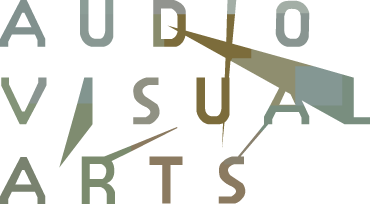


 Electronic Music
Electronic Music
